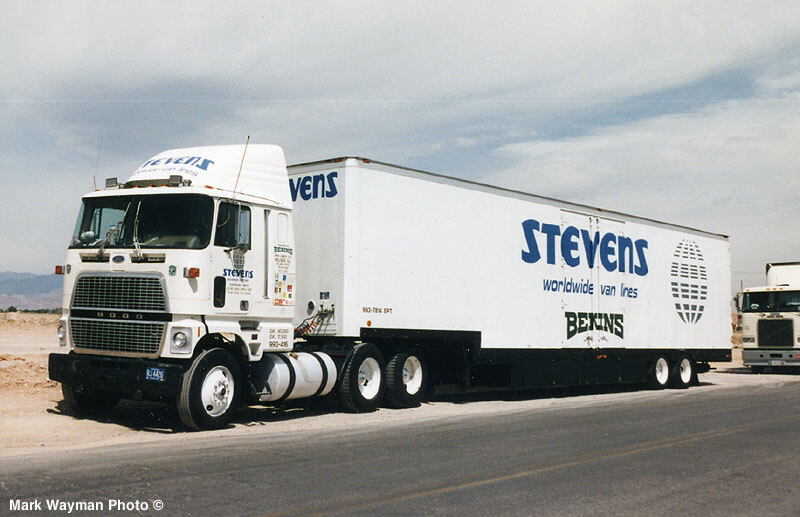Planning a long-distance move can be complicated, and layering in a global crisis may add additional hurdles during the process. However, for many, moving can’t be postponed.
Whether you’re relocating for financial reasons or you’ve accepted a job opportunity that is states away, you can take comfort in knowing that it’s still possible to move safely during these uncertain times. To help manage planning and create peace of mind, here are five tips to consider when preparing for your long-distance move:
1. Hire An Experienced Long Distance Moving Company
Transporting your belongings across the country is daunting, which is why you might want to enlist the help of a professional moving company. A professional mover can assist you with packing and making sure your belongings are safely transported across state lines.
When relocating during a pandemic, you may put yourself at greater risk of exposure by working with others. If you choose to hire professionals, it’s important to ensure that they prioritize the safety of their employees and customers. Ask to review their COVID-19 action plan, and make sure they take measures to protect you, their staff, and anyone else you may come in contact with during the process. Protocols should include frequent hand washing and sanitizing, the use of personal protective equipment (PPE), and reduced customer contact.
2. Handle Logistics Ahead Of Time
COVID-19 will likely impact other aspects of your move as well, causing you more stress on moving day if they’re not addressed in advance. Consider tackling post-move tasks, such as changing your address, updating your license, and setting up utilities in the weeks prior to your move as you may face delays in light of the pandemic.
Unexpected home repairs can also cause added stress when you’re trying to settle into your new home, which is why you should contact the previous homeowner to see if they can transfer their home warranty policy to you. If they can’t, you’ll want to leave yourself enough time to purchase one so you can assure you won’t face any major costs in the first months after your move. Ensuring proper coverage ahead of time could help save you time and money when it’s time to move.
3. Check For Travel Restrictions
Several cities and states have implemented travel restrictions and mandatory quarantining in efforts to slow down the spread of COVID-19. If you’re moving across state lines, you’ll want to check with health departments of the state you’re moving to, the state you’re moving from, and any state you plan to travel through during your move so you know what is expected of you.
In addition, you should take your personal and family health history and any underlying conditions into consideration before traveling within the U.S. If you’re moving to or traveling through a neighborhood with a high infection rate, you may want to postpone your move or make alternative travel arrangements to keep you and your family safe.
4. Keep Your New Space Clean
Even if your mover follows all safety precautions, you should still take time to thoroughly disinfect your new home before unpacking. Sanitize hard surfaces like doorknobs, counters, and cabinet pulls, that may have been touched by movers, builders, family, and friends, or realtors.
The CDC recommends that you practice routine cleaning with household cleaners and EPA-registered disinfectants. You may also want to clean items as you unpack. For instance, you could run your clothes through the laundry before wearing them or wash your dishes before putting them away. By taking these precautions, you can further protect yourself and anyone who helped you move.
5. Mitigate Your Risk of Contamination
While you’ve likely already read up on general packing tips for long-distance moves, you should consider taking additional steps to keep your items clean and reduce the risk of contamination. When packing your belongings, try to limit the number of people handling boxes and disinfect any moving containers before they are used.
While it may be more cost-effective to use old cardboard boxes, you can also reduce your risk of infection by investing in new cardboard boxes for your belongings. Coronavirus can live on cardboard for up to 24 hours, so it’s best to shell out a few extra bucks on unused boxes.
Moving across the country during a pandemic may require a few extra steps, but it’s still possible. By planning ahead and following proper cleaning and sanitation procedures, you can ensure your long-distance move is a safe and seamless experience.


